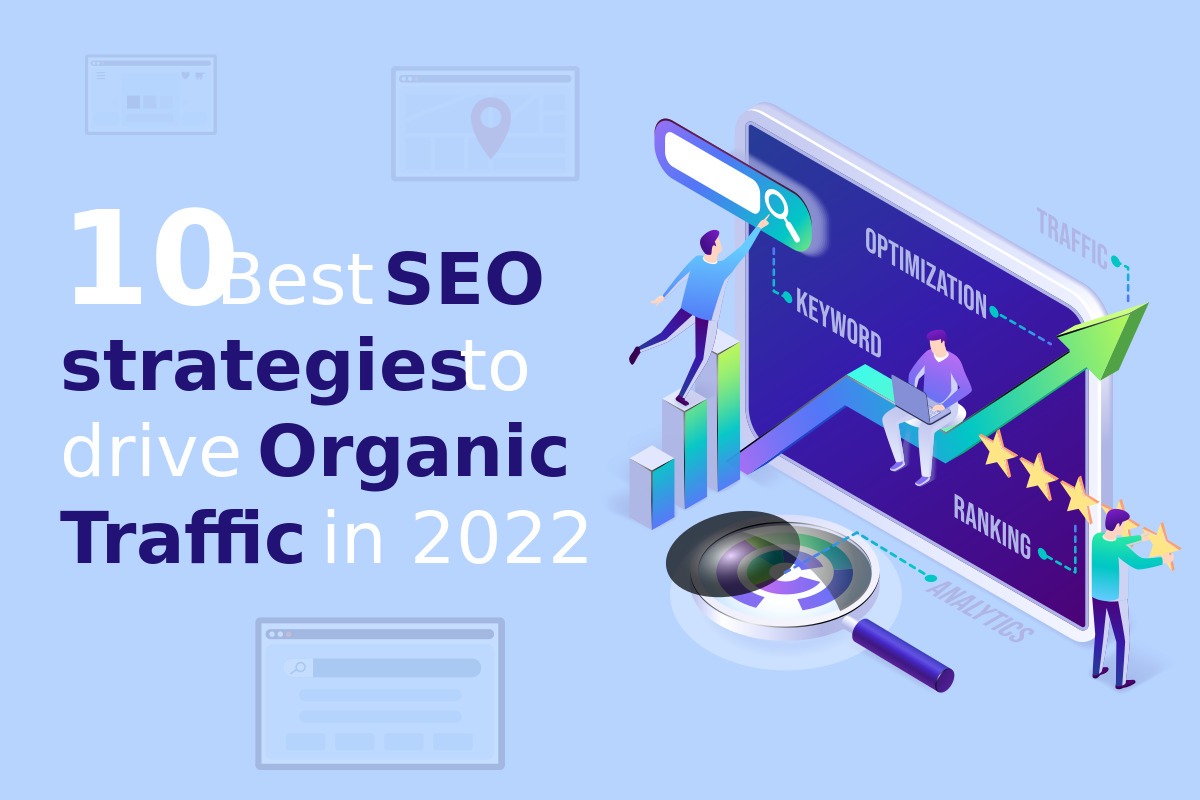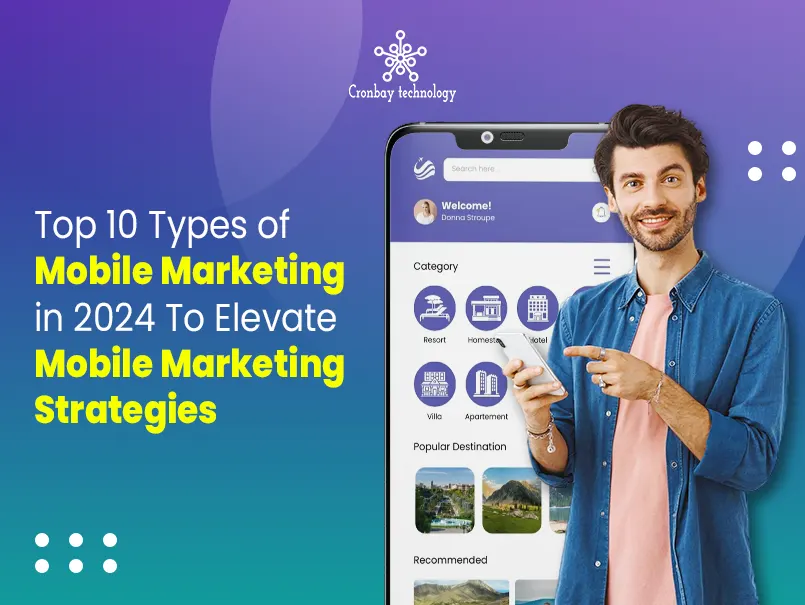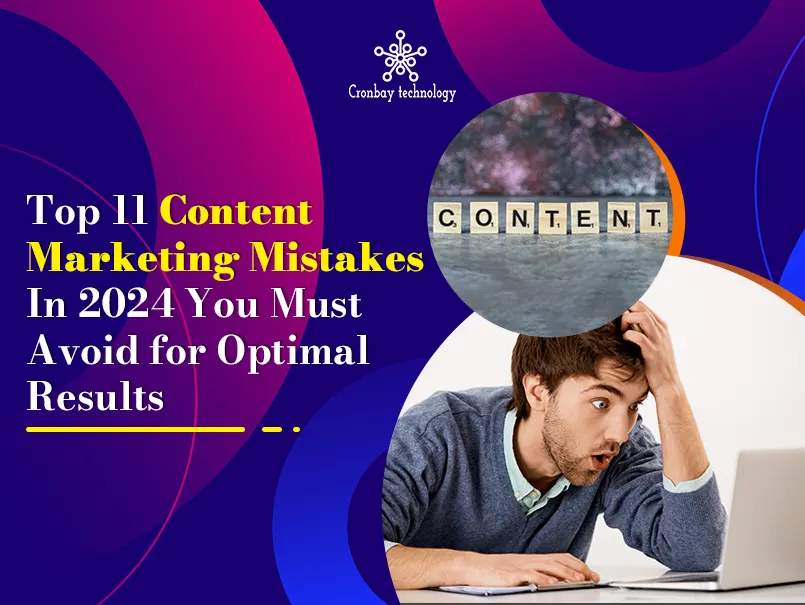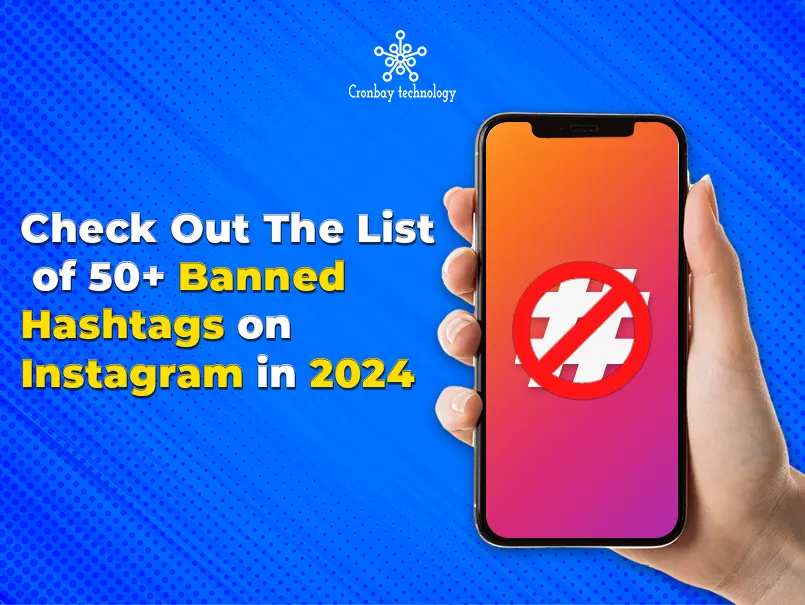SEO is a continuously growing freak of nature. When you believe you've figured out exactly whatever Google is hunting for, an algorithmic tweak throws a kink in your plan. So, what should one do? While algorithm adjustments and enhancements will continue, certain tried-and-true SEO strategies will remain in use. By following these strategies on your site, you increase your chances of ranking while also protecting your website from Google's inevitable modifications. For any publication, SEO (Search Engine Optimization) is essential. To increase organic traffic in today's oversaturated environment and frequent modification of algorithms, it's critical to focus on the proper tips and implement the right technique.
How do you SEO-optimize your website?
There are several reasons to understand how to optimize your website for conversions and SEO simultaneously. To begin, you must understand SEO tips and tricks to promote websites how they interact to produce a leaner, more efficient website.
1. Make your website valuable to your target audience.
2. Increase organic traffic
3. Capitalize on existing traffic
4. Make your website work harder.
5. Provide your target audience with what they want and expect.
If you want to make your site the benchmark for users and search engines, have a look at the 10 SEO strategies that can help your website rank at the forefront.
Tips for On-Page SEO in 2022
If you're new to SEO or want to make rapid, noticeable improvements, concentrating your efforts on the most important on-page SEO factors is a terrific place to start.
1. Create Fresh Content
This may sound self-evident, but often marketers get caught up in the nitty gritty of on-page SEO and forget to focus on developing new, high-quality content for searchers. It's easy to get behind if you're not creating fresh material on a regular basis. When you publish new content, you have the opportunity to optimise it for today's SEO best practices right now. Pay special attention to page names, content headings, sub - headings, image meta descriptions, and the unique keywords you're after.
2. Concentrate on Outstanding User Experience
Further, then keywords and contents, you must consider your consumers' overall experience from start to end. When ranking your website, Google considers a variety of variables, one of which is the time taken on the page . If consumers leave your website within seconds of visiting, Google knows it's not the material their users are looking for. The time it takes for a page to load is one factor that influences dwell duration and bounce rates.
3. Long Tail keywords should be targeted.
Long-tail keywords are more precise and lengthier than target keywords. They often have less search traffic than shorter terms, yet they may be quite valuable. Long-tail keywords have more search intent, which is one reason to pursue them. Because they are more particular, you may filter down the keywords to those that are highly relevant to the actions you want people to perform on your site.
4. Internal Accessibility
Internal linking is extremely important for SEO. You want to link between rising pages on the site to pages that need to be promoted. Make careful to utilize keyword-rich anchor text when doing so. Internal links are connections that connect web pages to your website. They enable users to browse the website. They are also beneficial for disseminating link equity.
5. Have a Permalink Structure That Is SEO Optimized
Permalinks are extremely important for a website's SEO. However, because Google favors more of the content component, it's worth has dropped little, but it is still beneficial to SEO if you have exceptionally excellent, clean, human-friendly, and search-friendly URLs. A permalink is the section of the URL that follows after the primary domain in the anatomy of a URL. A basic URL structure for your blog can aid in optimising it for search engines and boosting traffic.
Tips for Off-Page SEO in 2022
Off-page SEO is another method for increasing your ranking in search engine results pages. It also contributes to the authenticity of your website by conveying a feeling of page authority and dependability. Increased traffic, page rank, and brand exposure are further advantages of off-page SEO.
1. Eliminate annoyingly repetitive Backlinks
Backlinks were once thought to be the SEO's "secret gem." Backlinks are still a crucial ranking factor for Google, but the quality of those backlinks is now more essential than ever. Google released another algorithm upgrade in 2021 that targeted and devalued poor backlinks. While no specific sites were penalized as a result of the procedure, it did cease tracking a large number of backlinks that many sites had gotten accustomed to, which hurt results.
2. Marketing on Social Media
Using social media is one of the most efficient off-page SEO tactics. Using social media channels to spread your material is an excellent approach to do it. Not only can social media provide more traffic to your current piece of content, but it may also be a great source of quality backlinks from a high-DA site. Google hasn't explicitly said that a link from a social networking platform can help your SEO, but they have acknowledged that social platforms are crawled for data in the same way that any other website on the internet is.
3. Produce Thought-Leading and Strategic Content
When your website has strong, pillar content (i.e., material that targets relevant keywords), it's time to think more strategically. You want to be more than just an informational site; you want to be authoritative. 54% of judgment calls claim they read top-notch content related to their company for more than an hour each week. At the same time, 71% believe that little than 50% of what they read supplies them with helpful data.
4. Posting in a Forum
A forum posting site is a type of online discussion forum that permits customers to connect intelligent dialogue via the use of posted messages. To establish benefits from having among other forum users, forum posting necessitates a long-term approach. Find communities with a ready-made community that is discussing a service similar to the one you provide. This is an excellent approach to interacting with present or future consumers online.
5. Understand the EAT Principle.
Despite Google's ever-changing algorithm, the EAT philosophy can help you master long-term SEO success. Doesn't it sound fantastic? But, what exactly is EAT? EAT stands for expertise, authenticity, and trustworthiness.It's simply a gauge of your brand's online reputation.Google gives established, brand-authentic, and trustworthy sites a better ranking than newer ones. If you run a business that revolves around happiness, health, or prosperity, E-A-T is something you should be aware of.
Final Thoughts
Whatever happens with Google's algorithm and SEO, one thing stays unchanged: meaningful, high grade quality content is always a good place to start. Nevertheless, by applying the above 10 outlined on-page and off-page SEO techniques you can be confident that you will conquer SEO with Google in 2022.
Frequently Asked Questions
1. How do you determine SEO success?
Ans. You should respond to this question depending on the sort of firm you're working with, as objectives may vary considerably. Furthermore, there are several methods to measure performance indicators (KPIs) and, hence, performance. It is vital that an SEO expert measures results in order to ascertain if the procedures and goals need to be altered in order to be successful.
2. What factors contribute to a website's search engine friendliness?
Ans. Keywords, quality content, titles, metadata, and other elements all influence a website's search engine friendliness. These elements are required for a website to be listed by a search engine and hence accessed by a reader.
3. Which SEO elements do you have no control over?
Ans. Google is the most important SEO aspect over which you have no control. It's unclear how Google ranks webpages. Although SEO specialists have identified the best strategies we use in order to obtain results, the firm does not make its search algorithms public.





